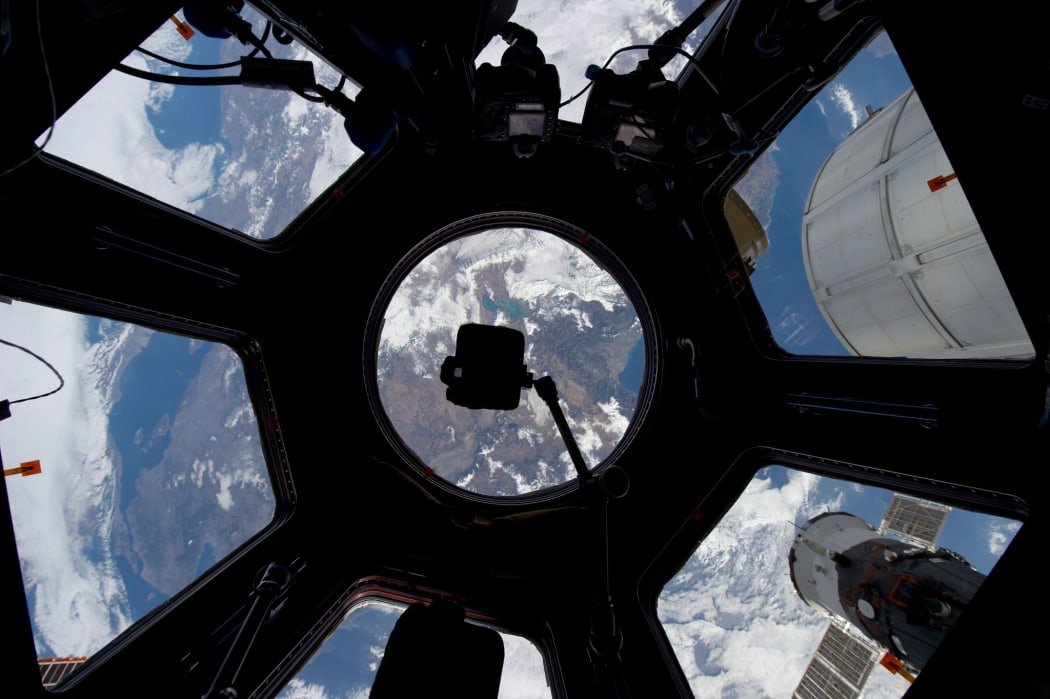The idea of a war in space is no longer science fiction, but our international laws on extraterrestrial conflict are unclear, says the editor-in-chief of an upcoming military manual for outer space.

Photo: NASA
Currently, it's unclear whether laws of armed conflict such as the Geneva Convention even apply beyond Earth.
The University of Adelaide's Duncan Blake is leading a team of international experts drawing up some new rules for a Manual of International Law Applicable to Military uses of Outer Space (MILAMOS) which is due out in 2020.
The manual would reduce the possibility of an all-out space war, and, if necessary, allow a country to respond to a space attack in national self-defence, Blake says.
"If [a state] crosses that threshold, the other state has a clear legal right to take certain action against you."
The USA, China, Russia, Israel and India have developed or are developing anti-satellite weapons, but current space law doesn't expressly prohibit all means and methods of interfering with satellites.
A terrestrial conflict could lead to a space power interfering with an adversary's space access via jamming, dazzling (temporarily overwhelming) or hacking their satellites, he says.
With much of the world's population now heavily reliant on satellite signals for communication, meteorology, agriculture, travel and the internet, the effects of such an attack would be far beyond military.
"A whole variety of things would be put back several decades if we couldn't rely on the space infrastructure."
Clearer laws governing conflict in space would help build transparency and unity among nations, Blake says.
"Once you've got the clarity you can put other states on notice that if you cross these thresholds this is what will happen and the international community will be galvanised against you."
The MILAMOS project is led by McGill, Exeter and Adelaide universities with funding from the Australian and Canadian governments and private donors such as the Secure World Foundation.

